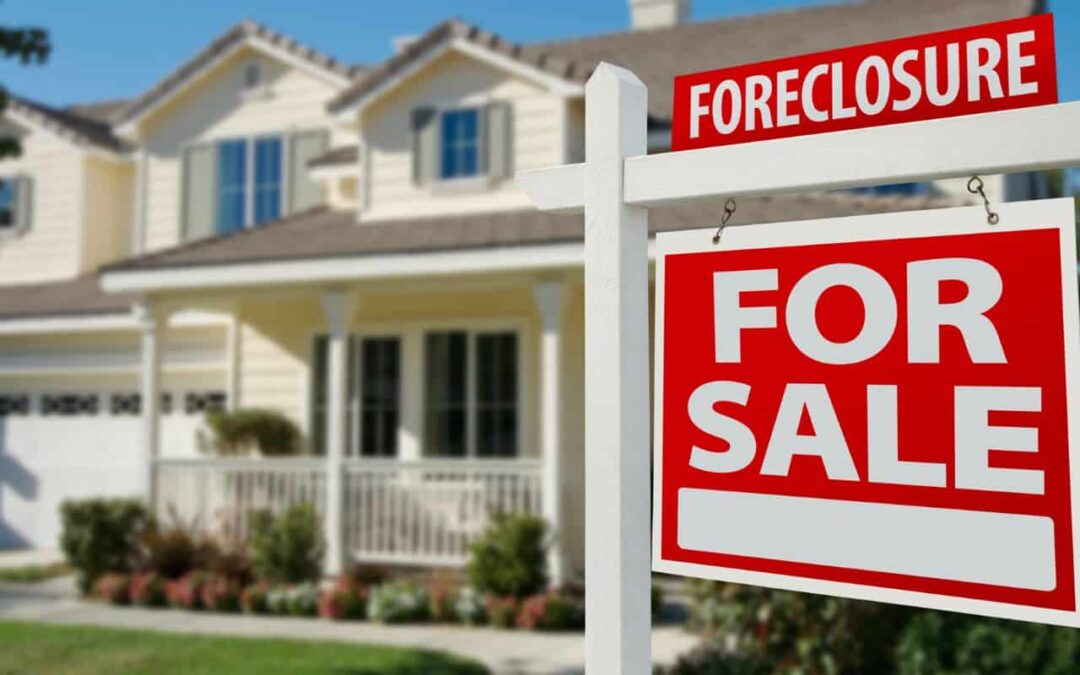If you’re reading this article, chances are you’re in the middle of dealing with a foreclosure notice. While there are lots of financial documents and statements you need to prepare at this time, you should also remember that you need to sort out what you’ll be doing with your property.
When a borrower takes out a mortgage to buy a house, they commit to pay their lender monthly payments until the house is repaid. The lender will try to recover some or all of what is still owed by seizing control of the house and selling it if a borrower is no longer able to make loan payments, frequently due to financial difficulties such a job loss.
If you’re aiming to sell your house fast in New Orleans, read below to find out how the foreclosure process works.
How Does Foreclosure in Louisiana Work?
The New Orleans foreclosure process consists of two alternatives: executory and ordinary foreclosures.
Ordinary foreclosures typically take nine months to complete and proceed through the legal system, such as with lawsuits.
Executory foreclosures depend on the terms of the mortgage documents that future homeowners first sign. Although the specific mortgage terms may demand notice, state law does not require the lender to provide the borrower any notice before starting the executory foreclosure procedure. Foreclosures that are executed often take six months.
A homeowner must fall ninety days behind on their mortgage payments in the majority of states before the lender can formally start the foreclosure process.
The best opportunity for New Orleans homeowners to work on their finances, contact their lender to work out a solution, or list their house for a quick sale is during this ninety-day foreclosure window. The best possibility of success in negotiating with lenders is for homeowners who anticipate making up missed payments as a result of finding work after being out of the workforce for a while.
In Louisiana, if a New Orleans property is sold at auction for less than the mortgage balance owing, the lender may file a deficiency judgment request with the court, which would order the borrower to pay the difference between the sale price and the original loan balance; this is one of the many negative outcomes that come with dealing with foreclosure in New Orleans.
Is Selling Your New Orleans Property a Good Idea?
Your foreclosed home will most likely be sold at an auction should you choose not to take action.
The lender or its agent (the foreclosure trustee) sets a date for the home auction sale, either on the steps of the county courthouse or in the trustee’s office, if the default continues three months after the issuing of the Notice of Default.
In many places, homeowners can halt the foreclosure process by paying the outstanding debt up until the point of the sale. The lender may agree to recapture the property through a legal agreement known as a deed in lieu of foreclosure or may choose to repurchase the property itself if no one bids on it at the auction with sufficient funds.
This process can be tiresome, which is why many would rather work according to their own terms and find ways to sell their property as a way to get out of foreclosure in New Orleans.
Sell to a Professional Home Buyer!
If you don’t have the money to stage your home or if you want to save money by not using an agent, think about selling your house to a cash home buyer to avoid foreclosure. These customers buy your house as-is and provide you the property’s current market value. This option can be especially helpful for those who are facing foreclosure and need to sell their property quickly.
If you need to sell your house fast in New Orleans, you should look into working with a professional cash home buyer. Cash home buyers, as opposed to traditional real estate agents, offer you money up front to ensure the selling process runs as smoothly as possible.
At Albatross Home Buyers, we strive to help homeowners sell their property efficiently so that you can get the money you need for your next step in life. To learn more about our buying process, call us at +1-504-517-3956.

